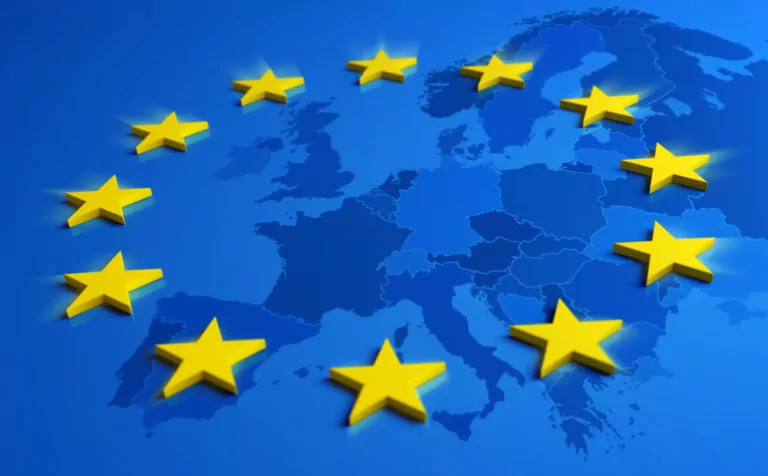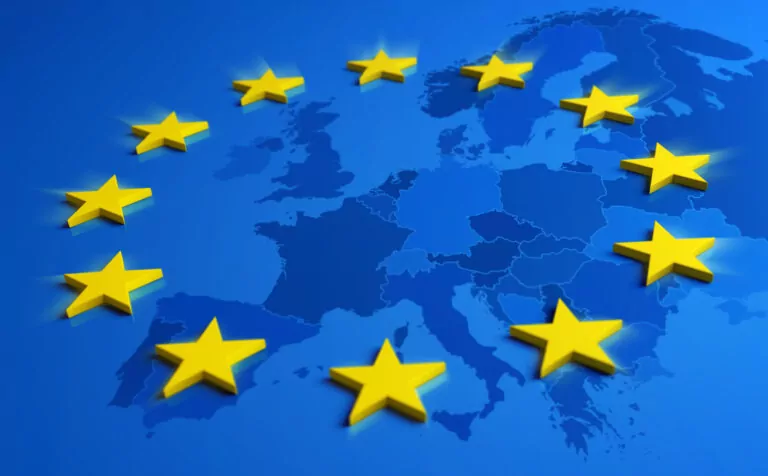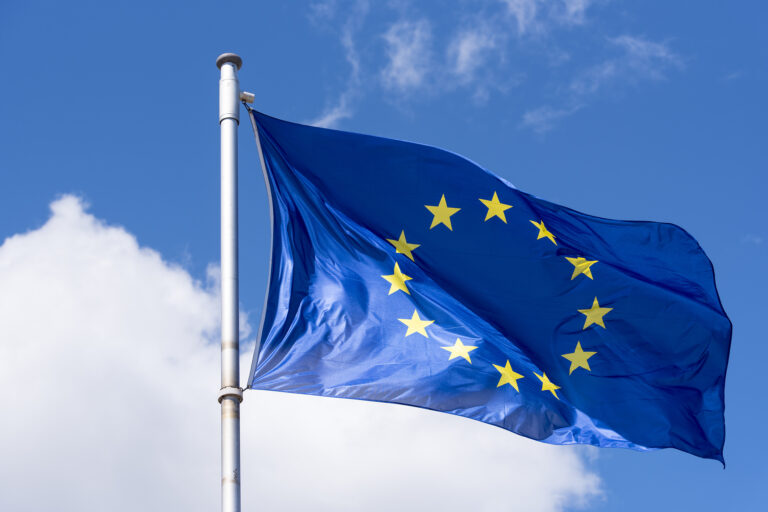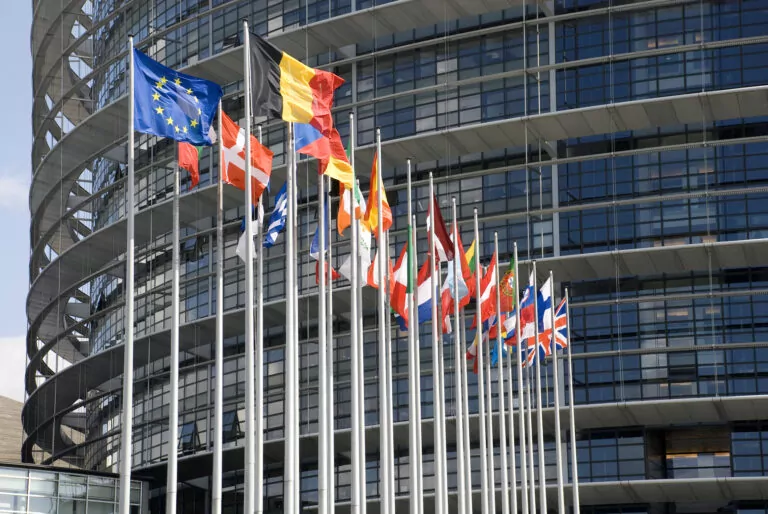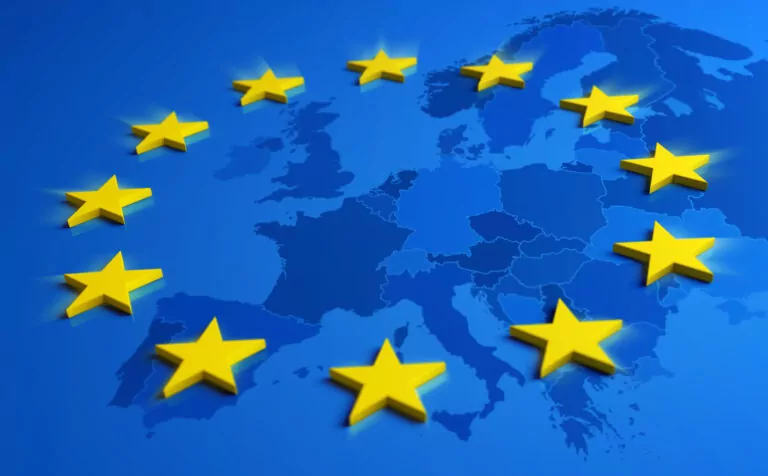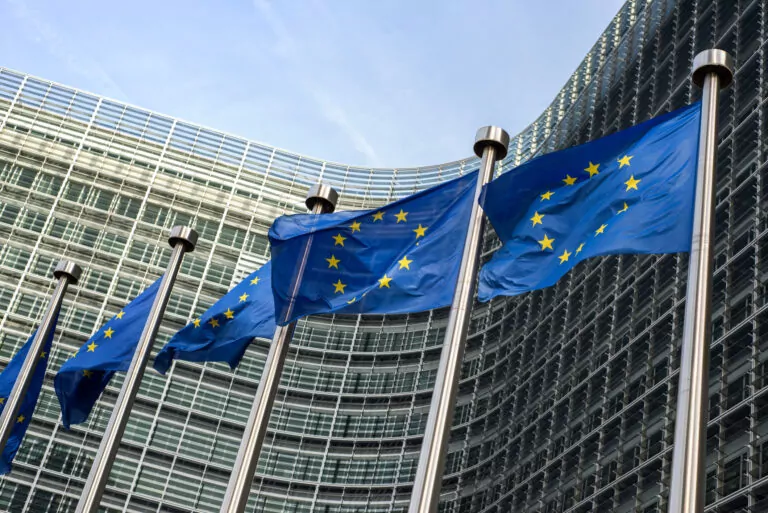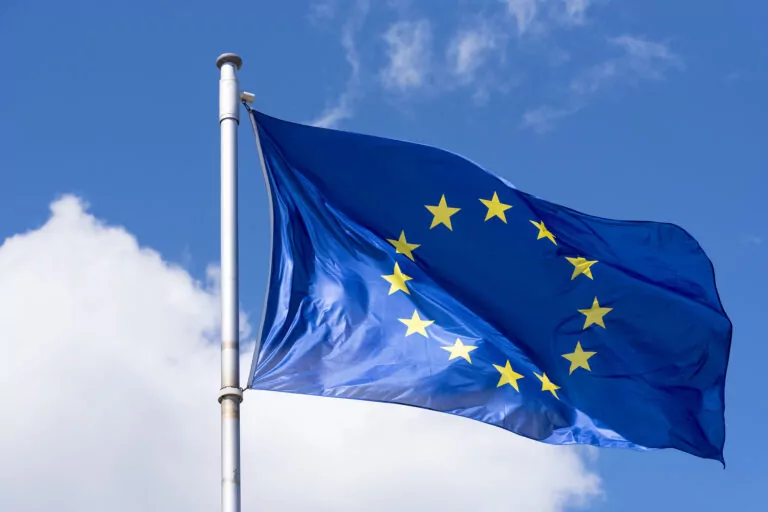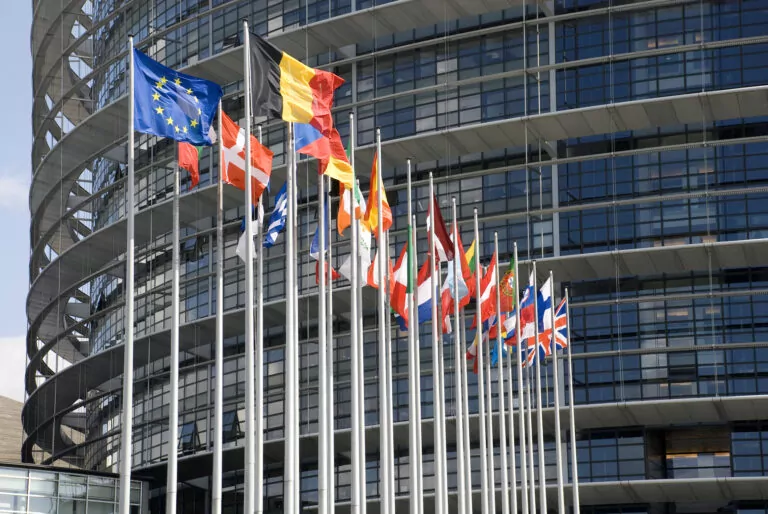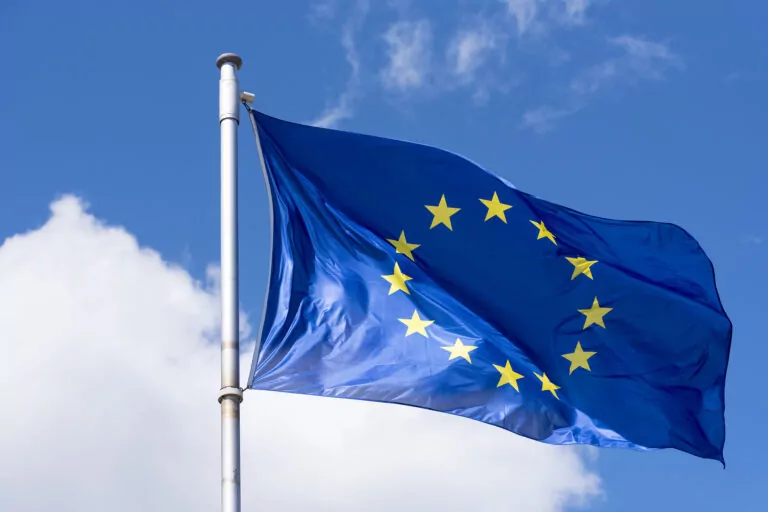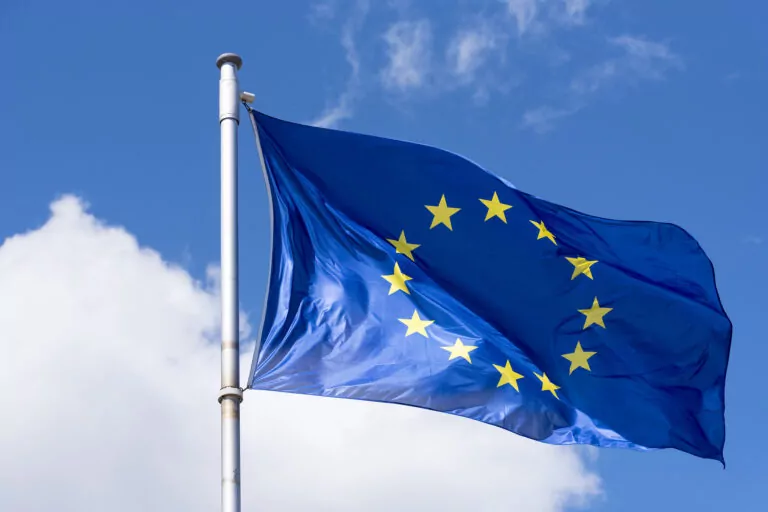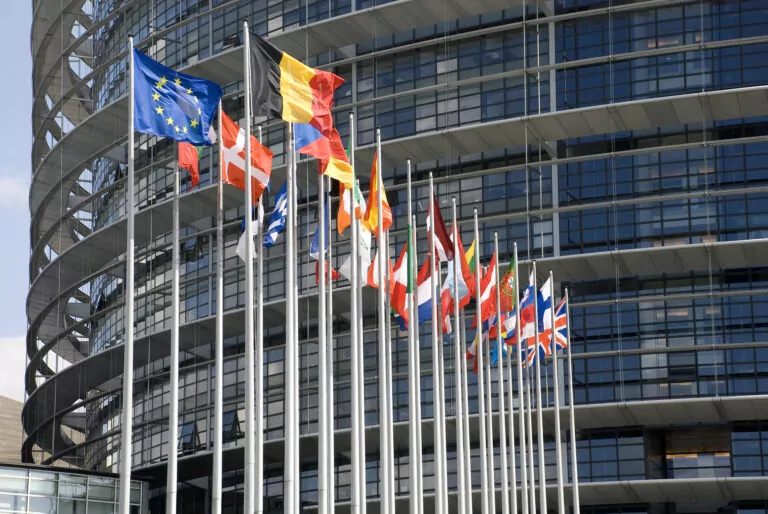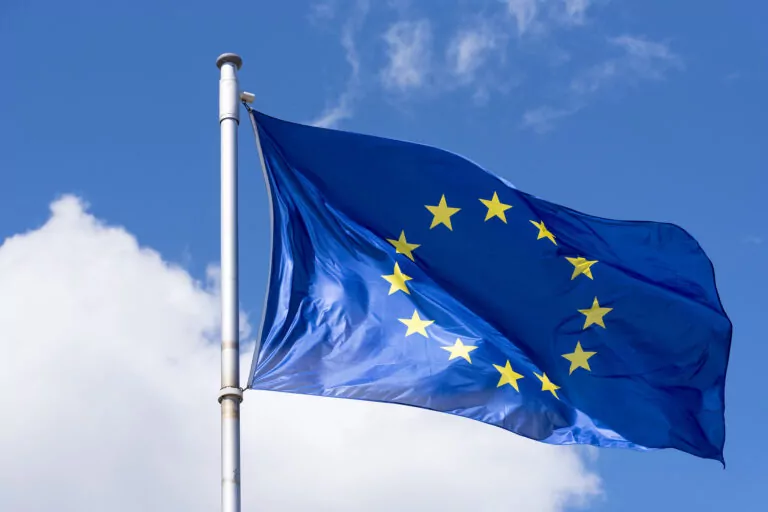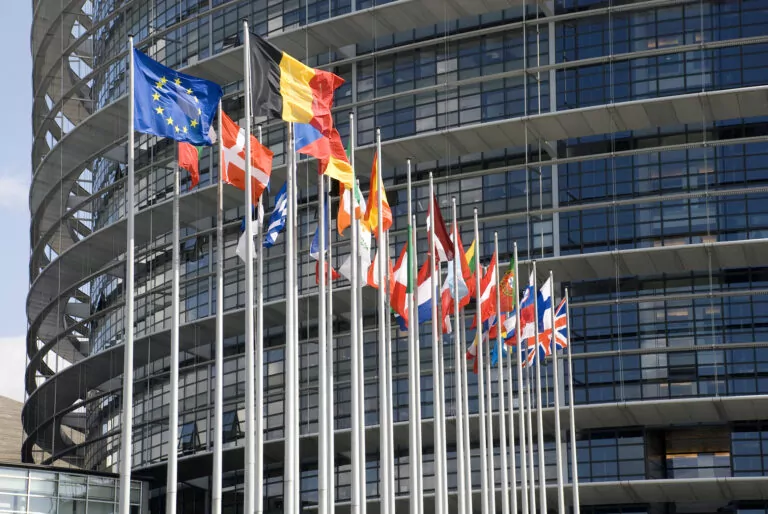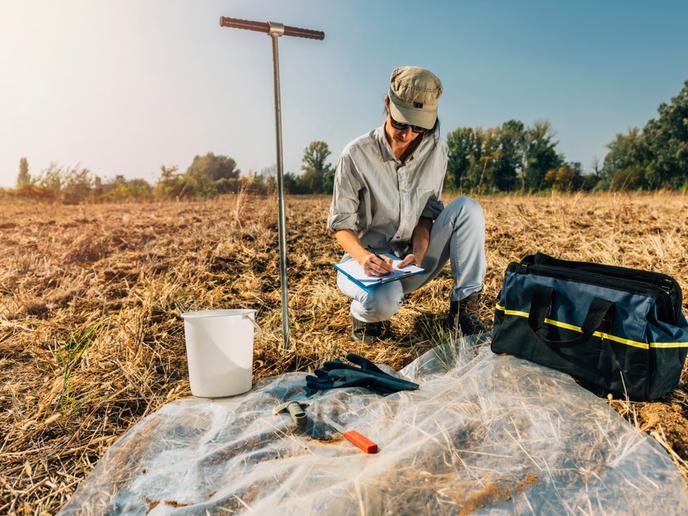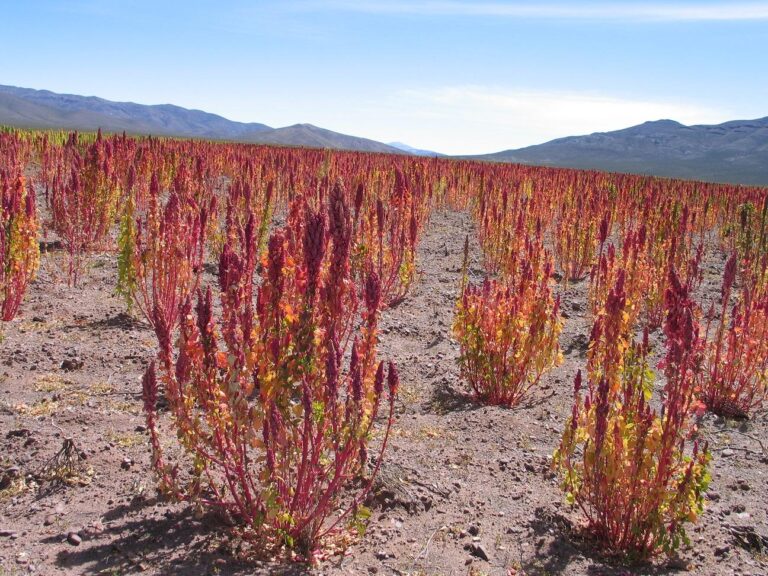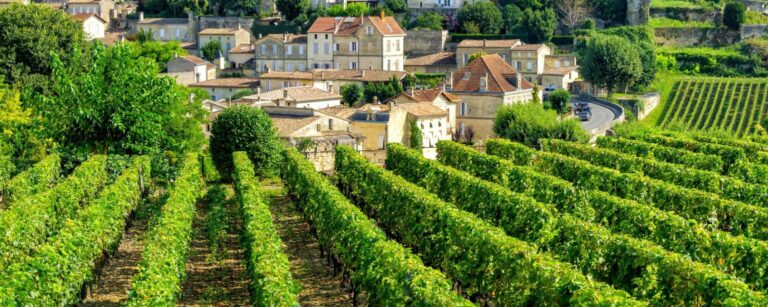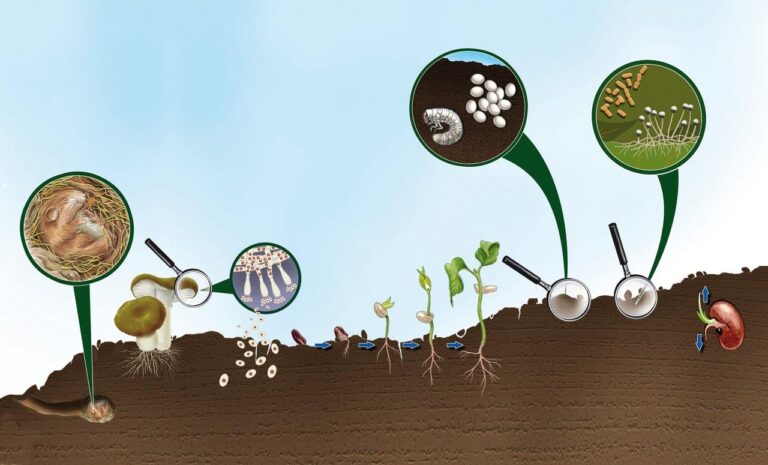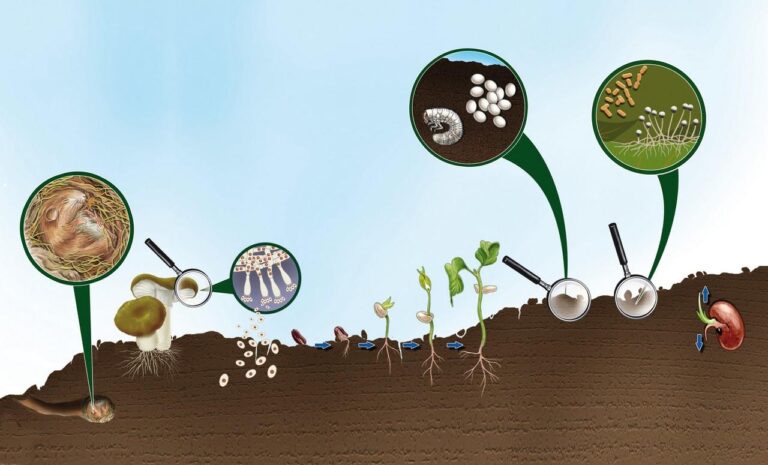Add to favorites:
Share:
Activities under this topic contribute to the eight specific objectives of the Mission ‘A Soil Deal for Europe’. Activities will also contribute to the EU-Africa Partnership on Food and Nutrition Security and Sustainable Agriculture (FNSSA), African Union strategies, the ‘Declaration of the EU-CELAC Summit 2023’[1], the LAC Communication[2], as well as other initiatives and action plans relevant for soil health and the support of global commitments such as the United Nations Sustainable Development Goals (SDGs), in particular in the areas of sustainable agriculture, food and nutrition security, biodiversity, and climate.
Project results are expected to contribute to all of the following expected outcomes:
- Soil degradation is minimized or reversed, and soil health is enhanced in rural, urban and peri-urban areas of Africa or Latin America and the Caribbean (LAC).
- Local communities and small land managers and land users in Africa or LAC have increased access to scalable practice-oriented tools and learning mechanisms for soil health, including monitoring, based on participatory research.
- Establishment of a recognised mechanism for exchange of soil health knowledge, of learning experiences and tools that can be replicated and that can attract additional finance to support human-centred design and testing of solutions for soil health.
- Policy makers can put in place an effective framework to support continuous generation and adoption of knowledge-based, context-specific solutions for soil health and sustainable land management in Africa or LAC.
Living labs have the potential to empower the transition towards healthy soils by closing the gap between science and practice. Three components are recognizable within the now well-established living labs research concept: (a) co-creation of solutions with a large set of stakeholders, (b) carried out in real-life settings and (c) involving the end-users. Living labs are thus collaborations between multiple actors that operate and undertake experiments on individual sites such as farms, forest stands, urban green or industrial areas, enterprises and other locations, where the work is carried out and monitored under real-life conditions.
Soil health gains require adapted, site-specific practices. However, providing millions of (small) land managers with access to regional or field-specific solutions and tailored advisory, remains challenging and requires new approaches. In particular, as the lack of feedback loops between land managers and researchers may lead to the development or implementation of inappropriate solutions or hinder the adaptation of solutions to local contexts.
Building on the abovementioned living labs principles, this topic aims to support the development of human-centred initiatives for research, development, education, extension and support sustainable soil management, with the final goal of accelerating and expanding the adoption of context-specific solutions for soil health protection and restoration in Africa and LAC. The Mission Soil living labs concept (see topic HORIZON-MISS-2025-05-SOIL-01: Co-creating solutions for soil health in Living Labs) is not expected to be replicated as such, but rather to inspire the exploration of new models and participatory initiatives that, based on the same principles, emerge from African and LAC soil-related communities as drivers of change in soil management.
Proposals should:
- Support the set-up of at least 12 participatory initiatives in real-life sites in at least 5 to 6 countries in each region (Africa or LAC). The participatory initiatives should co-design, co-develop and co-implement with all relevant actors, locally adapted solutions and holistic approaches to key soil health challenge(s) related with one or more of the Mission Soil specific objectives. The initiatives should cover a diversity of environmental, socio-economic and cultural contexts across the regions (Africa or LAC) and the proposed solutions should be adapted to these contexts. The initiatives should integrate knowledge and expertise from SSH disciplines.
- Support the participatory initiatives to monitor and assess the progress on soil health and socio-economic resilience derived from the implementation of the solutions. For this, adequate indicators (new or existing) should be used, and a baseline established.
- Support land managers, land users, advisers as well as any relevant actors involved in the participatory initiatives, to co-implement the solutions, by providing training, capacity building, knowledge exchange, etc. (e.g. sharing best practices, organising demonstration activities or cross-visits). Actors involved in the participatory initiatives should not be partners of the successful proposals funded under this topic.
- Identify initiatives that are exemplary in their performance on soil health improvement and can act as places for demonstration of solutions (similar to the Mission Soil lighthouse concept) to efficiently disseminate knowledge and accelerate the adoption, scale up and transferability of solutions and increase the impact on the ground.
- Develop an inclusive exchange mechanism among the established initiatives to enable a rapid peer-to-peer learning and a toolbox to support the adaptation and replication of these initiatives in other contexts by others. The exchange mechanism should operate as an incubator of new initiatives in at least 5 to 6 countries in each region (Africa or LAC) and be designed to allow geographical expansion and sustainability.
- Ensure long-term ambition, continuity, and sustainability of the established mechanism beyond the Horizon Europe funding, including through attracting other funding and identifying possible business models and actions involving local authorities, social economy entities and social enterprises business communities, SMEs, investors, entrepreneurs and philanthropic organisations.
Proposals should include expertise in human centred design, capacity to operate at regional level and deep understanding of the different environmental, socio-economic and cultural contexts as well as existing soil health needs and management practices in Africa or LAC. An effective contribution of social sciences and humanities (SSH) disciplines is essential to implement strong participatory initiatives, foster social innovation and enhance social, cultural and behavioural change.
Proposals must provide financial support to third parties to set up participatory initiatives addressing soil health in real-life sites in Africa or LAC. The recipients of the financial support must be the group of actors involved in the participatory activities in each initiative and include, for example, research organisations, land-managers, start-ups, SMEs, civil society organisations and/or other interdisciplinary actors. Recipients of financial support within one participatory initiative cannot be recipients of financial support in another participatory initiative under this same topic.
Proposals should define a transparent selection criterion for the FSTP calls. These criteria should consider: the recipients’ ability to advise on or contribute to innovative, inclusive, agile research and implementation approaches; their expertise in human centred design; their capacity to operate at regional level; and their deep understanding of the context and existing soil health needs as well as soil health management practices in Africa or LAC.
Proposals should include a dedicated task, appropriate resources and a plan on how they will build on the results of and/or collaborate with related projects funded by philanthropic entities and other relevant actions under Horizon Europe (e.g. Soils4Africa and projects to be financed under topic ‘HORIZON-CL6-2025-02-FARM2FORK-19: Developing agroecology living labs and lighthouses for climate action under the Food and Nutrition Security and Sustainable Agriculture (FNSSA) partnership’, or ‘HORIZON-MISS-2024-SOIL-01-09: Assessment of Soil Health in Africa’).
Proposals should demonstrate a route towards open access, longevity, sustainability and interoperability of knowledge and outputs through close collaboration with the European Union Soil Observatory (EUSO) and the project SoilWise. In particular, proposals should ensure that the data produced in the context of this topic is FAIR[3] and that relevant data, maps and information can potentially be available publicly through the EUSO.
[1] See Declaration of the EU-CELAC Summit 2023
[2] See New Agenda to strengthen EU's partnership with LAC
[3] Findable, Accessible, Interoperable and Reusable
Expected Outcome
Activities under this topic contribute to the eight specific objectives of the Mission ‘A Soil Deal for Europe’. Activities will also contribute to the EU-Africa Partnership on Food and Nutrition Security and Sustainable Agriculture (FNSSA), African Union strategies, the ‘Declaration of the EU-CELAC Summit 2023’[1], the LAC Communication[2], as well as other initiatives and action plans relevant for soil health and the support of global commitments such as the United Nations Sustainable Development Goals (SDGs), in particular in the areas of sustainable agriculture, food and nutrition security, biodiversity, and climate.
Project results are expected to contribute to all of the following expected outcomes:
- Soil degradation is minimized or reversed, and soil health is enhanced in rural, urban and peri-urban areas of Africa or Latin America and the Caribbean (LAC).
- Local communities and small land managers and land users in Africa or LAC have increased access to scalable practice-oriented tools and learning mechanisms for soil health, including monitoring, based on participatory research.
- Establishment of a recognised mechanism for exchange of soil health knowledge, of learning experiences and tools that can be replicated and that can attract additional finance to support human-centred design and testing of solutions for soil health.
- Policy makers can put in place an effective framework to support continuous generation and adoption of knowledge-based, context-specific solutions for soil health and sustainable land management in Africa or LAC.
Scope
Living labs have the potential to empower the transition towards healthy soils by closing the gap between science and practice. Three components are recognizable within the now well-established living labs research concept: (a) co-creation of solutions with a large set of stakeholders, (b) carried out in real-life settings and (c) involving the end-users. Living labs are thus collaborations between multiple actors that operate and undertake experiments on individual sites such as farms, forest stands, urban green or industrial areas, enterprises and other locations, where the work is carried out and monitored under real-life conditions.
Soil health gains require adapted, site-specific practices. However, providing millions of (small) land managers with access to regional or field-specific solutions and tailored advisory, remains challenging and requires new approaches. In particular, as the lack of feedback loops between land managers and researchers may lead to the development or implementation of inappropriate solutions or hinder the adaptation of solutions to local contexts.
Building on the abovementioned living labs principles, this topic aims to support the development of human-centred initiatives for research, development, education, extension and support sustainable soil management, with the final goal of accelerating and expanding the adoption of context-specific solutions for soil health protection and restoration in Africa and LAC. The Mission Soil living labs concept (see topic HORIZON-MISS-2025-05-SOIL-01: Co-creating solutions for soil health in Living Labs) is not expected to be replicated as such, but rather to inspire the exploration of new models and participatory initiatives that, based on the same principles, emerge from African and LAC soil-related communities as drivers of change in soil management.
Proposals should:
- Support the set-up of at least 12 participatory initiatives in real-life sites in at least 5 to 6 countries in each region (Africa or LAC). The participatory initiatives should co-design, co-develop and co-implement with all relevant actors, locally adapted solutions and holistic approaches to key soil health challenge(s) related with one or more of the Mission Soil specific objectives. The initiatives should cover a diversity of environmental, socio-economic and cultural contexts across the regions (Africa or LAC) and the proposed solutions should be adapted to these contexts. The initiatives should integrate knowledge and expertise from SSH disciplines.
- Support the participatory initiatives to monitor and assess the progress on soil health and socio-economic resilience derived from the implementation of the solutions. For this, adequate indicators (new or existing) should be used, and a baseline established.
- Support land managers, land users, advisers as well as any relevant actors involved in the participatory initiatives, to co-implement the solutions, by providing training, capacity building, knowledge exchange, etc. (e.g. sharing best practices, organising demonstration activities or cross-visits). Actors involved in the participatory initiatives should not be partners of the successful proposals funded under this topic.
- Identify initiatives that are exemplary in their performance on soil health improvement and can act as places for demonstration of solutions (similar to the Mission Soil lighthouse concept) to efficiently disseminate knowledge and accelerate the adoption, scale up and transferability of solutions and increase the impact on the ground.
- Develop an inclusive exchange mechanism among the established initiatives to enable a rapid peer-to-peer learning and a toolbox to support the adaptation and replication of these initiatives in other contexts by others. The exchange mechanism should operate as an incubator of new initiatives in at least 5 to 6 countries in each region (Africa or LAC) and be designed to allow geographical expansion and sustainability.
- Ensure long-term ambition, continuity, and sustainability of the established mechanism beyond the Horizon Europe funding, including through attracting other funding and identifying possible business models and actions involving local authorities, social economy entities and social enterprises business communities, SMEs, investors, entrepreneurs and philanthropic organisations.
Proposals should include expertise in human centred design, capacity to operate at regional level and deep understanding of the different environmental, socio-economic and cultural contexts as well as existing soil health needs and management practices in Africa or LAC. An effective contribution of social sciences and humanities (SSH) disciplines is essential to implement strong participatory initiatives, foster social innovation and enhance social, cultural and behavioural change.
Proposals must provide financial support to third parties to set up participatory initiatives addressing soil health in real-life sites in Africa or LAC. The recipients of the financial support must be the group of actors involved in the participatory activities in each initiative and include, for example, research organisations, land-managers, start-ups, SMEs, civil society organisations and/or other interdisciplinary actors. Recipients of financial support within one participatory initiative cannot be recipients of financial support in another participatory initiative under this same topic.
Proposals should define a transparent selection criterion for the FSTP calls. These criteria should consider: the recipients’ ability to advise on or contribute to innovative, inclusive, agile research and implementation approaches; their expertise in human centred design; their capacity to operate at regional level; and their deep understanding of the context and existing soil health needs as well as soil health management practices in Africa or LAC.
Proposals should include a dedicated task, appropriate resources and a plan on how they will build on the results of and/or collaborate with related projects funded by philanthropic entities and other relevant actions under Horizon Europe (e.g. Soils4Africa and projects to be financed under topic ‘HORIZON-CL6-2025-02-FARM2FORK-19: Developing agroecology living labs and lighthouses for climate action under the Food and Nutrition Security and Sustainable Agriculture (FNSSA) partnership’, or ‘HORIZON-MISS-2024-SOIL-01-09: Assessment of Soil Health in Africa’).
Proposals should demonstrate a route towards open access, longevity, sustainability and interoperability of knowledge and outputs through close collaboration with the European Union Soil Observatory (EUSO) and the project SoilWise. In particular, proposals should ensure that the data produced in the context of this topic is FAIR[3] and that relevant data, maps and information can potentially be available publicly through the EUSO.
[1] See Declaration of the EU-CELAC Summit 2023
[2] See New Agenda to strengthen EU's partnership with LAC
[3] Findable, Accessible, Interoperable and Reusable
Partner Requests
Explore Real Collaboration Opportunities
🔍 As a logged-in member, you now have exclusive access to all active Partner Requests for this Funding Call.
See who’s looking for collaborators, explore exciting project ideas, and discover how others are planning to make an impact.
💡 Use these insights to get inspired—or take the next step and start a request of your own (3 entries for free).
Log in or registrate here for free.
You must be logged in to submit or manage a partner request.
Ask our experts about this call
Connect with the Listing Owner!
💬 Please log in now to send a direct message to our experts and ask your questions. Not a member yet? Sign up for free and start connecting today!
Related Funding and Finance Opportunities
Unlock Exclusive Funding Opportunities!
🔑 Get instant access to tailored funding opportunities that perfectly match your needs. This powerful feature is exclusively available to our premium members—helping you save time, stay ahead of the competition, and secure the right funding faster.
Upgrade to Premium now and never miss an important opportunity again! Already a premium member? Log in here to explore your matches.
Related Innovation Offers
Related Knowledgebase Resources
Discover More with Premium: Related Knowledge Resources
🔒 You’re missing out on expert-curated knowledge specifically matched to this topic. As a Premium member, you gain exclusive access to in-depth articles, guides, and insights that help you make smarter decisions, faster.
Whether you’re preparing a funding proposal, researching a new market, or just need reliable information—our Premium knowledge matches save you hours of research and point you directly to what matters.
Upgrade to Premium now and instantly unlock relevant knowledge tailored to your needs! Already a member? Log in here to view your personalized content.








